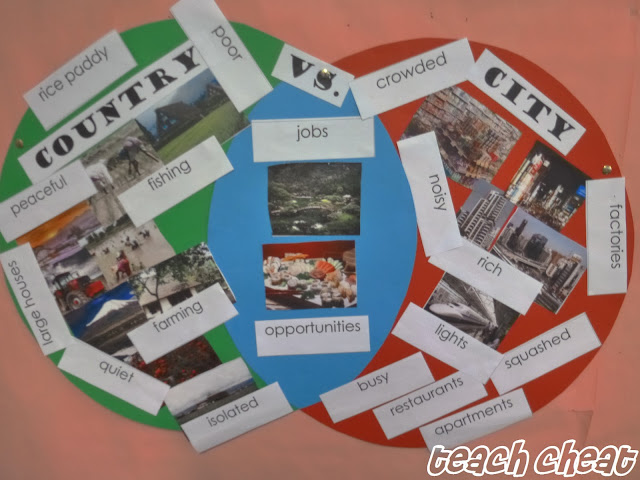 WeDo
.... Lego Education as a Stage 1 Robotics cocurricular activity. Lego
offers a variety of robots/machines for students to build and program,
including Lego Mindstorm NXT for older students, and WeDo for the
younger. WeDo allows students to follow instructions to build up to 12
different robots (with the basic kit). Students then use simple drag and
drop software to program their robots to complete specific tasks. Here are a couple of different robots my Stage 1 students completed during WeDo Club:
WeDo
.... Lego Education as a Stage 1 Robotics cocurricular activity. Lego
offers a variety of robots/machines for students to build and program,
including Lego Mindstorm NXT for older students, and WeDo for the
younger. WeDo allows students to follow instructions to build up to 12
different robots (with the basic kit). Students then use simple drag and
drop software to program their robots to complete specific tasks. Here are a couple of different robots my Stage 1 students completed during WeDo Club:
The "Goal Keeper" is programmed to move in front of the goal to block it.

The "Sleeping Giant" is awakened and moved using a crane.

The "Drumming Monkey" beats a tune and bangs his arms.


































